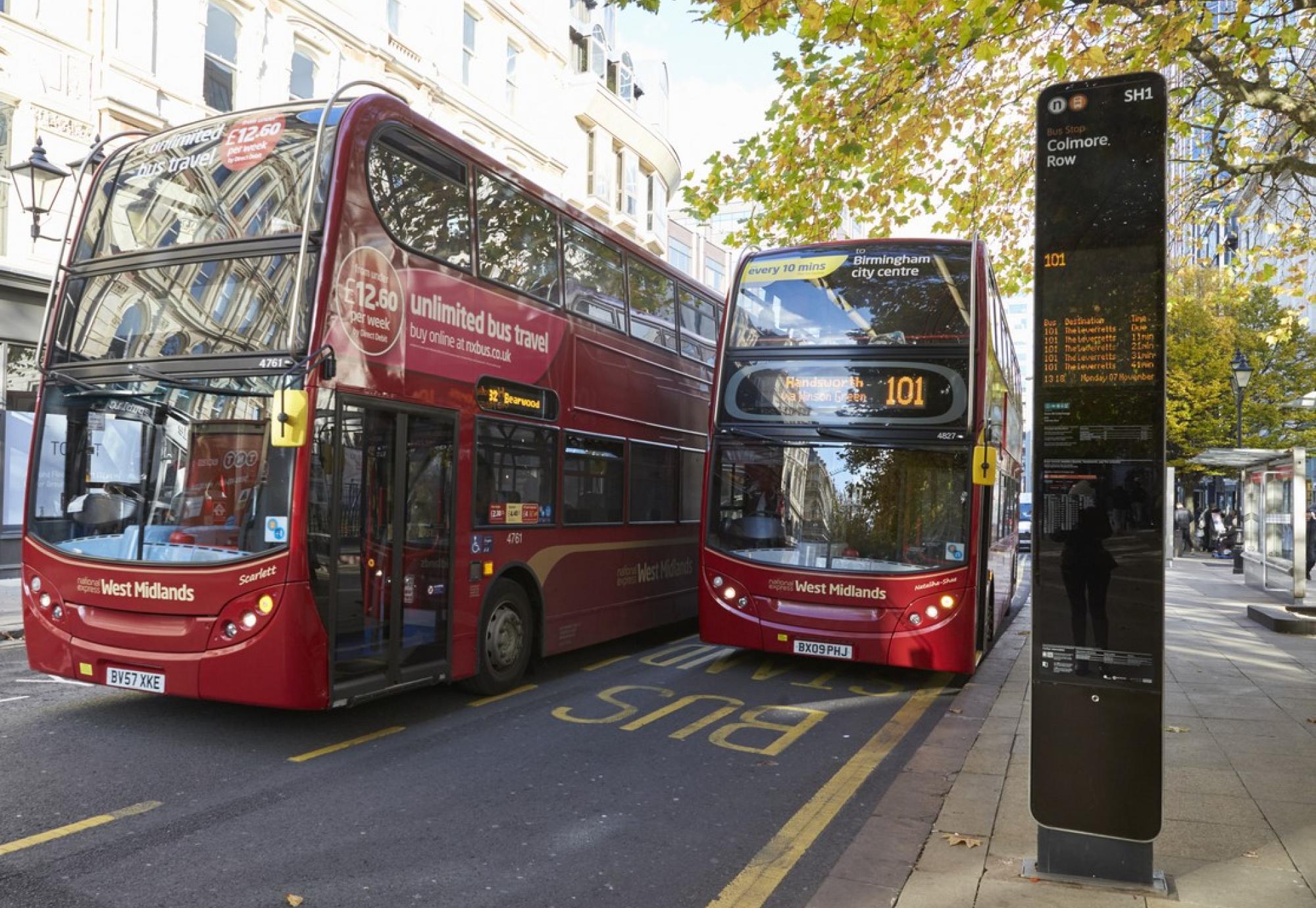Regional bus fares are set to rise as the industry struggles to meet rising costs.
The West Midlands Combined Authority (WMCA) has stated that fares for day and season bus tickets will rise by an average of 6% at the end of June.
In the West Midlands, for example, this will see the nbus day ticket rise by 30p to £4.80 and the four week fare rise from £60 to £64, as agreed by all bus operators in the Transport for West Midlands (TfWM) area.
The single fare will remain capped at £2 until at least the end of the year, under a funding agreement with the Department for Transport.
The WMCA says that the price increases will ensure the region’s bus network can continue to operate at current levels, while an ongoing review assesses long-term sustainability. The review was launched by TfWM last year, with the findings to be reported to the WMCA in July.
Pete Bond, director of integrated transport services with TfWM, said: “Despite many challenges we have worked with bus operators since the pandemic to keep fare rises to an absolute minimum.
“Even though they are rising, fares remain great value for the many people who rely on buses day in and day out.”
“At the same time we are working on plans to secure the long-term future of our bus network and will announce the results of the review in the coming weeks.”
232 million journeys a year are made on TfWM buses, representing an integral part of plans to cut traffic congestion, improve air quality and meet the region’s net zero targets.
However, bus operators remain under financial pressure due to steep rises on fuel, maintenance and labour costs, and passenger numbers which remain at around 90% of pre-pandemic levels.
TfWM already commits around £50 million a year to the bus network to prevent substantial fares rises and service reductions.
The region also benefits from Bus Service Improvement Plan funding, which has secured a uniform fare structure across all private operators, meaning passengers don’t have to pay extra to use services run by multiple companies.
Further investment has been targeted towards infrastructure improvement, including more bus lanes and priority junctions, and the introduction of hundreds of zero-emission electric buses through the Coventry All-Electric Bus City Project.
Image credit: iStock



















